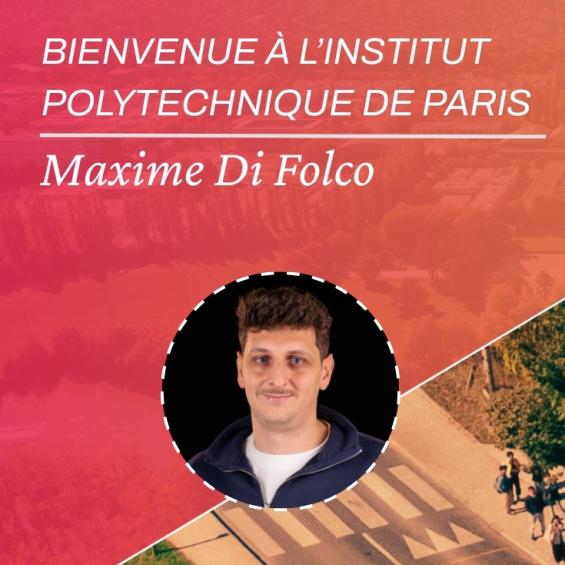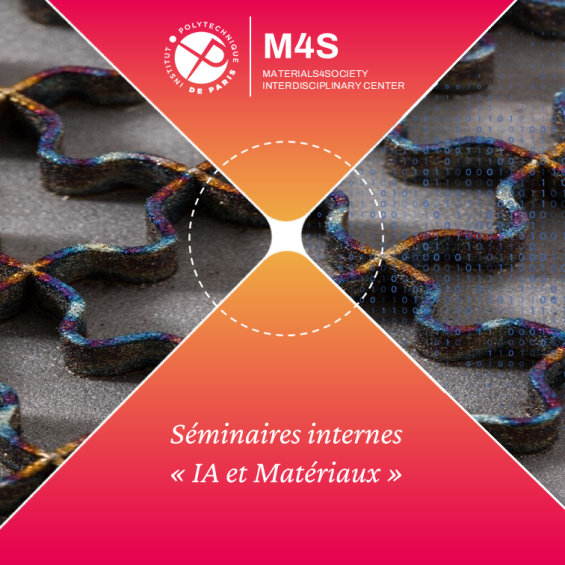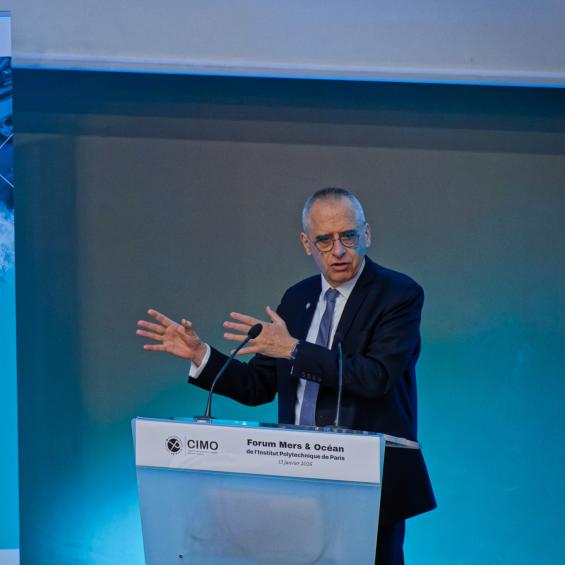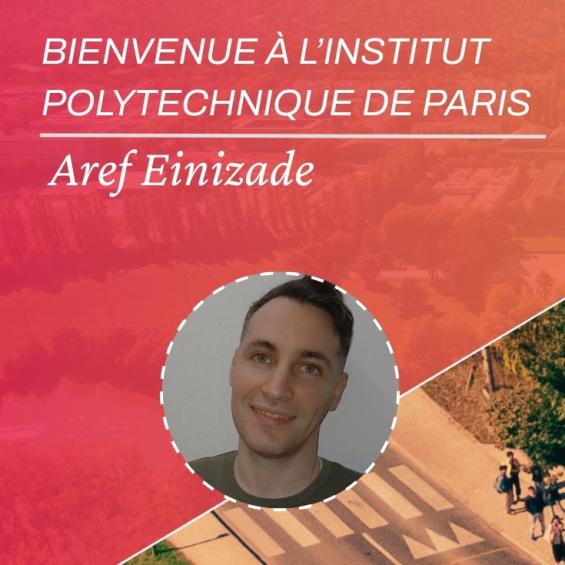IP Paris: Catalyst for synergies between cybersecurity and defense
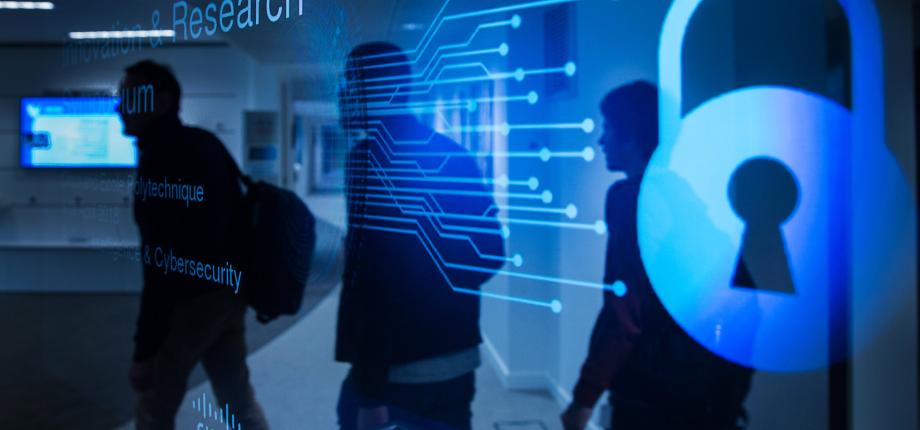
In a tense geopolitical context, with digital technology becoming ubiquitous and access to it increasingly varied, French and European interests are under threat. States are facing new dangers in the form of large-scale cyberattacks organized by certain nations and their affiliates, or for financial gain using ransomware, for example.
This challenge will be addressed at the Cybersecurity and Defense Conference to be held on October 21, 2025, at the Institut Polytechnique de Paris. Through round tables and conferences, cybersecurity experts from industry (Orange, Thalès, etc.), academia (professors in networks and security, digital law and regulation, etc.) and institutions (CNIL, etc.) will contribute to the discussions on their activities. Benjamin Morin, coordinator of the national cybersecurity strategy, and Bart Preneel, cryptologist and professor at the Catholic University of Leuven, will also share their analyses.
Building the world of tomorrow
“This event will take a cross-disciplinary look at the link between cybersecurity and defense from strategic and technological perspectives. To establish our digital sovereignty, we need both vision and innovation. If, at the end of the day, researchers have gained a more strategic perspective on their advances and decision-makers have developed a more detailed understanding of the technological challenges, then we will have achieved our goal,” says Jean Peeters, professor at the University of South Brittany and holder of the Cyber and Digital Sovereignty Chair - IHEDN.
These meetings are also an opportunity to promote the activities of the Institut Polytechnique de Paris in cybersecurity beyond the civilian sphere. “There is a strong incentive for civilians involved in this field to contribute to the development of cybersecurity with our defense partners,” explains David Filliat, professor at ENSTA's Computer Science and Systems Engineering Unit (U2IS*) and scientific director of CIEDS. This convergence—the dual aspect of defense—is indeed the key to the emergence of technologies applicable to both the civilian and military spheres.
Solid scientific foundations
"We are also home to some of the best French schools in computer science and applied mathematics. Thanks to their diversity, we cover the entire scope of cybersecurity research, from theory to practice," adds Sébastien Canard, professor at the Information Processing and Communication Laboratory (LTCI*) at Télécom Paris. For example, the Institut Polytechnique de Paris is home to two of France's leading research teams in cryptography (one of the foundations of cybersecurity). It thus contributes to France's excellence in the race for cryptographic standards that will enable it to combat attacks carried out by future quantum computers.
This cutting-edge research is further complemented by master's and doctoral programs that offer students a high level of abstraction and knowledge. “The Institut Polytechnique de Paris aims to train around 50 cybersecurity decision-makers and executives each year who will have a broad vision of the field and will be able to draw on solid scientific foundations to do their jobs,” says François Morain, professor at the École Polytechnique's Computer Science Laboratory (LIX*). “We also encourage our students to participate in these meetings to help them apply the issues they discover in class,” adds Sébastien Canard.
The Cybersecurity and Defense Meetings at the Institut Polytechnique de Paris are thus part of a world where vast amounts of data are digitized and under threat. The 2025 edition will likely mark a new annual event that is a must for players in the sector.
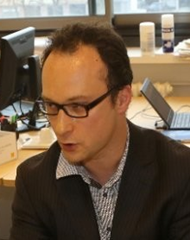
Sébastien Canard
Sébastien Canard is a professor at the Information Processing and Communication Laboratory (LTCI*) at Télécom Paris. His research focuses on cryptography for cybersecurity, which he applies to data security in the cloud, privacy protection in contactless services, and security in restricted environments in the IoT and V2X. He is also interested in how to implement quantum-resistant cryptographic systems for these different contexts.
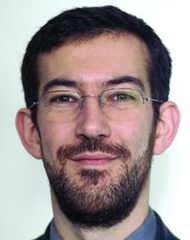
David Filliat
David Filliat is a professor in the Computer Science and Systems Engineering Unit (U2IS*) at ENSTA and scientific director of the Interdisciplinary Center for Defense and Security Studies (CIEDS). His research focuses on robotics, particularly perception and learning issues. Through his work, David Filliat seeks to develop methods to simplify and make the use of robots more robust and to increase their autonomy. He is particularly interested in: navigation, mapping, planning; learning applied to multimodal perception and reinforcement learning; applications to mobile robots, drones, and autonomous vehicles.
>> David Filliat on Google Scholar
>> David Filliat's personal webpage
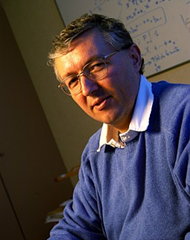
François Morain
François Morain is a professor at the École Polytechnique Computer Science Laboratory (LIX*). His work focuses on algorithmic number theory and cryptology. The Crypto/Grace team to which he belongs is interested in the design and analysis (attack) of cryptographic systems based on mathematical objects from number theory and algebraic geometry: large prime numbers, elliptic and hyperelliptic curves; but also from code theory: post-quantum systems, unconditionally secure protocols, etc.
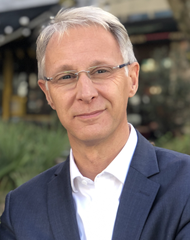
Jean Peeters
Jean Peeters holds the Cyber and Digital Sovereignty Chair - IHEDN supported by the Institute for Higher National Defense Studies thanks to its Endowment Fund. He is a professor at the University of South Brittany (Lorient and Vannes), where he served as president from 2012 to 2020. A citizen reservist in the National Gendarmerie, he is a graduate of the first national session on “Digital Sovereignty and Cybersecurity” at IHEDN and IHEMI (2018-2019). He also heads the CyberSkills4All project funded by the ANR as part of France 2030, which aims to create new cybersecurity training courses in Brittany. He also oversees the Erasmus Mundus European master's degree in cybersecurity, CYBERUS.
*LIX : a joint research unit CNRS, École Polytechnique, Institut Polytechnique de Paris, 91120 Palaiseau, France
*U2IS : a research lab ENSTA, Institut Polytechnique de Paris, 91120 Palaiseau, France
*LTCI : a research lab Télécom Paris, Institut Polytechnique de Paris, 91120 Palaiseau, France

















